We usually think of positive childhood experiences as building blocks for healthy development, but sometimes, even seemingly good things can have unintended consequences. It’s not necessarily your parents’ fault, but these surprisingly common things you went through growing up might be unintentionally holding you back emotionally as an adult.
1. Your Parents Fixed Your Problems
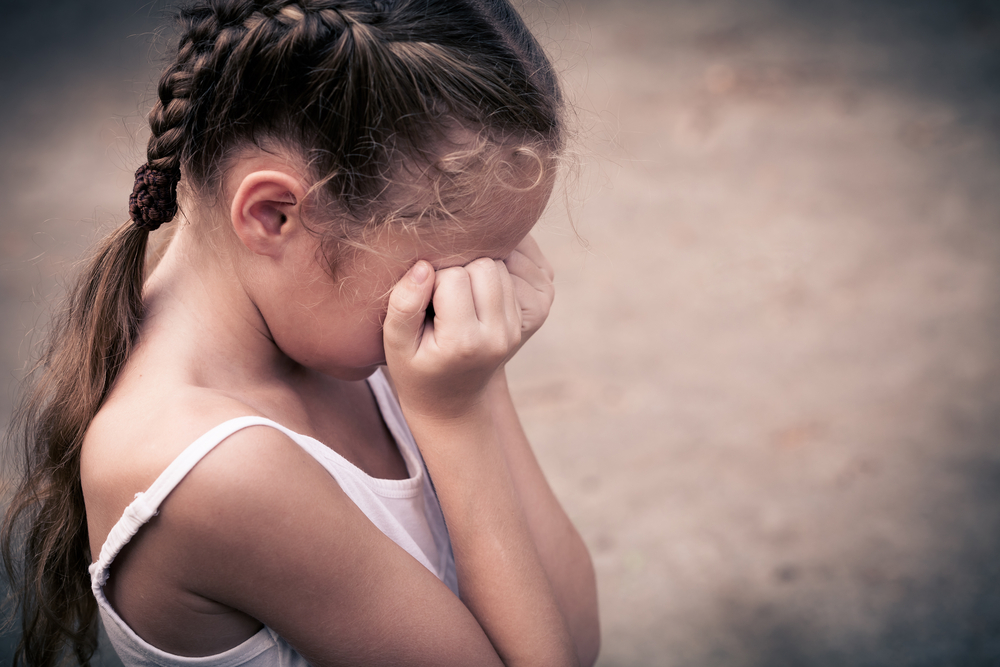
It might have felt nice when your parents always stepped in to solve your problems or kept you away from anything difficult. But guess what? It actually made it harder to learn how to handle tough things on your own. Struggling a bit (and having support to get past it) builds the kind of confidence you need as an adult. It’s okay to feel frustrated sometimes, and needing a little help doesn’t mean you’re weak. Remember, tackling challenges head-on actually makes you stronger over time.
2. You Were Constantly Praised

Getting lots of praise feels great, but if that’s all you hear, it can start to feel like the only way to feel good about yourself is to please other people. It’s awesome when people notice your accomplishments, but it’s even cooler when you feel proud of yourself for trying hard and learning new things. Bri-Ann Richter-Abitol, MS, LPC, LMHC, of A Little Counseling, warns that while people-pleasing seems harmless on the surface, it can be harmful long-term. “People pleasers find praise and approval to be satisfying and sometimes addictive. There is a deep motivation to feel accepted and worthy,” she explains. “The problem with being a “people pleaser” is that somewhere along the way you lose yourself, respect, self-respect and set yourself up to be taken advantage of.”
3. You Were Labeled as the “Good Kid”

Always being a “good kid” and trying to please everyone else can leave a lasting mark on your sense of self. When you’re always focused on following rules and making other people happy, you might never really get the chance to discover who you truly are or what you genuinely want in life. This can leave you feeling lost, or constantly putting other people’s needs before your own, even as an adult. It’s great to care about people, but it’s also important to carve out space to explore your own interests, opinions, and desires.
4. Your Feelings Were Minimized

Being told “don’t be so sensitive” or that your problems weren’t important likely made you feel like you weren’t allowed to have big feelings. But guess what – all your feelings matter! Learning to understand your emotions and how to deal with them in a healthy way is a super important life skill. As a kid, you needed help understanding what you were feeling and how to work through those emotions and it’s not too late to learn now.
5. You Were Measured by Your Achievements

If everything was always about getting the best grades or winning all the awards, it probably made you feel like you’re only valuable if you’re successful. This kind of pressure can make you a perfectionist who’s terrified of making mistakes and super stressed all the time. Working hard and trying your best are great, but what matters even more is the kind of person you are. It’s important to know that you’re loved and accepted no matter what, whether you win the science fair or strike out at the big game.
6. You Had to Bury Negative Emotions
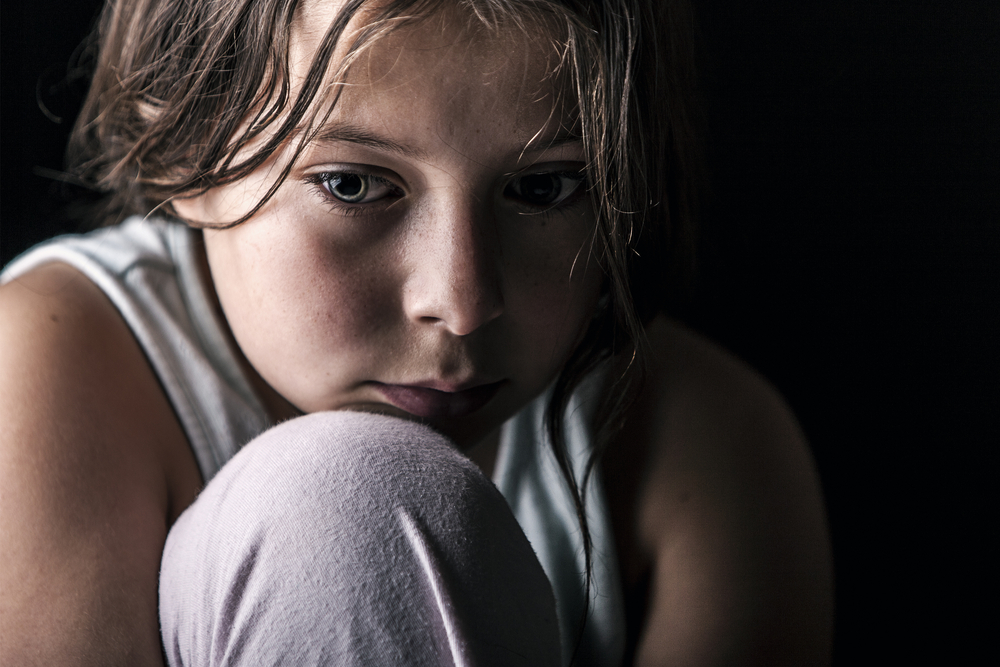
If your family never talked about tough emotions like sadness, anger, or disappointment, it probably taught you to hide those feelings too. Unfortunately, stuffing those emotions down doesn’t make them disappear They’ll pop up in unhealthy ways if you don’t learn how to deal with them. It’s important to remember that everyone experiences a whole range of emotions – that’s totally normal! Learning how to manage them, including the not-so-fun ones, is a crucial part of growing up.
7. You Were Expected to be Strong For Others
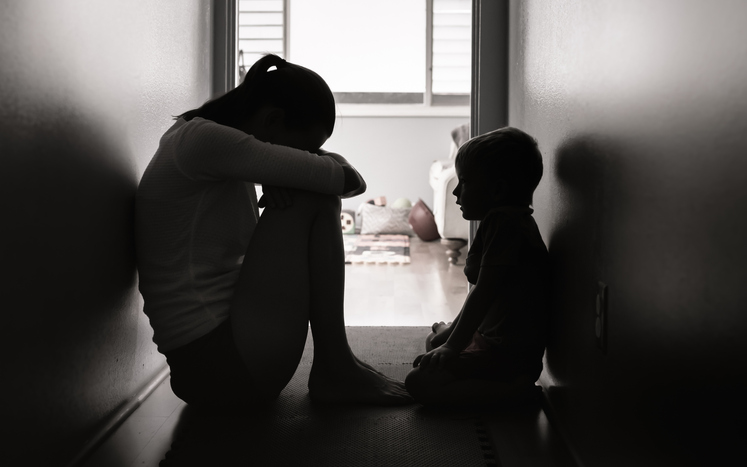 provided by iStock
provided by iStock
If you always had to be the strong one for your parents or siblings, you might have grown up feeling like you couldn’t show your own needs or ask for help. This is tough because it’s important to feel like you can rely on the adults in your life. While being helpful and caring is a good thing, kids need safe spaces to just be kids – to make mistakes, have big feelings, and lean on other people sometimes.
8. You Were Taught Mistakes Are Unacceptable

If you were never allowed to make mistakes as a kid, you probably grew up feeling terrified of failure. It’s easy to become super cautious and afraid to try new things because you’re so worried about messing up. However, this is a necessary part of life that can actually help you. As Jim Taylor, Ph.D., writes for Psychology Today, there’s much value to be had in not succeeding. “Failure can bolster the motivation to overcome the obstacles that caused the failure. It shows children what they did wrong so they can correct the problem in the future,” he explains. “Failure connects children’s actions with consequences which helps them gain ownership of their efforts. Failure teaches important life skills, such as commitment, patience, determination, decision making, and problem solving.”
9. You Barely Had Free Time

If you were always running from one activity to the next, you probably never got a chance to just BE. Kids need space to explore, be bored (it’s surprisingly good for you), and just chill out to figure out what they like and who they are. Downtime also teaches kids how to entertain themselves, which is a valuable skill for when they’re grown.
10. You Were Told Taught to Avoid Conflict
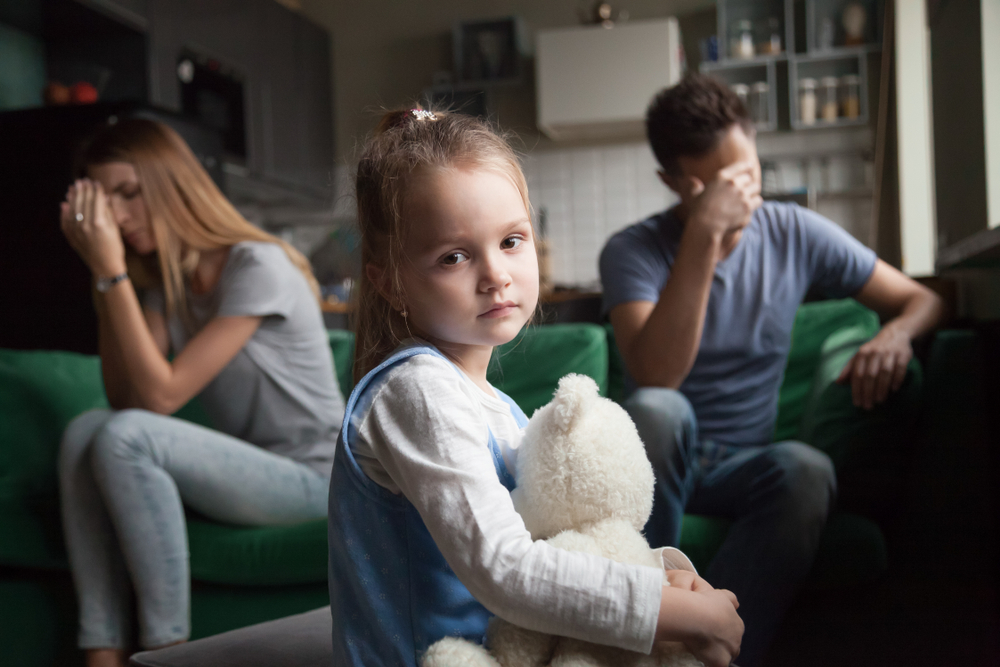
If everyone in your house was terrified of arguments or disagreements, it likely made you view all conflict as negative. But the truth is, it’s normal for people to disagree sometimes. What matters is how you handle those situations. Seeing adults in your life navigate conflict in a respectful way would have taught you how to do the same, giving you essential tools to deal with disagreements in healthy ways when you’re older.
11. You Were Compared to Your Siblings
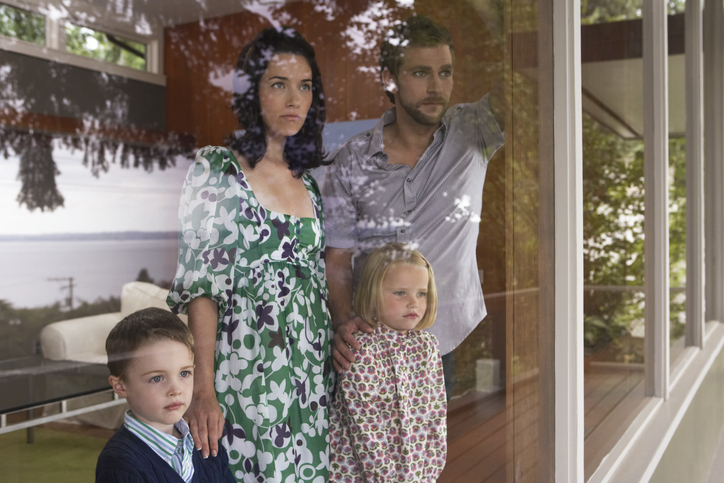
Being compared to siblings, friends, or basically anyone else probably did a number on your self-esteem. Everyone has their own strengths and weaknesses – that’s what makes us interesting. It’s more important to focus on your own journey and celebrate your personal progress than to get caught up in comparing yourself to other people.
12. You Were Sheltered From the Real World

It’s normal for parents to want to shield you from anything bad happening, but being too overprotective can sometimes make it harder to feel confident in your abilities. It’s important to have a realistic view of the world – there’s good and bad out there. Facing challenges (with support!) helps you learn and builds resilience. It’s a little bit like learning to ride a bike – you need to fall down a few times before you can really get the hang of it.
13. You Were Pigenholed in Your Family

If you always felt stuck playing the same role in your family – the responsible one, the funny one, whatever it was – it can feel limiting. Kids are full of surprises. Sometimes they’re serious, sometimes goofy, and a whole mix of emotions in between. Being pigeonholed into one role might have made it harder to express all the different parts of who you are, even now that you’re all grown up.
14. You Were Exposed to Emotional Dysregulation

Kids are like sponges, soaking up everything around them, especially when it comes to how adults handle their emotions. If your parents or caregivers struggled to manage anger, sadness, or frustration in healthy ways, you probably weren’t taught those skills either. This can lead to something known as emotional dysregulation in adulthood. “Emotion dysregulation may be thought of as the inability to manage the intensity and duration of negative emotions such as fear, sadness, or anger,” Dr. Fabiana Franco, Ph.D., explains. “The effects of a prolonged negative emotion may be physically, emotionally, and behaviorally intense.” But don’t worry – it’s not too late to learn. Therapy, self-help books, and just being more aware of your emotional patterns can help you start breaking old cycles and develop healthier ways of coping.
15. You Were Made to Feel Guilty Over Your Parent’s Sacrifices

It’s normal to feel grateful for the sacrifices your parents made for you, but it’s important to remember that you don’t owe them your life. If you constantly feel pressured to make choices that please them or feel like you have to repay a debt, it can prevent you from living the life YOU want. Good parents want their kids to be happy. The best way to honor their sacrifices is to go out and live a full, joyful life on your own terms.
16. You Were “Playfully” Teased
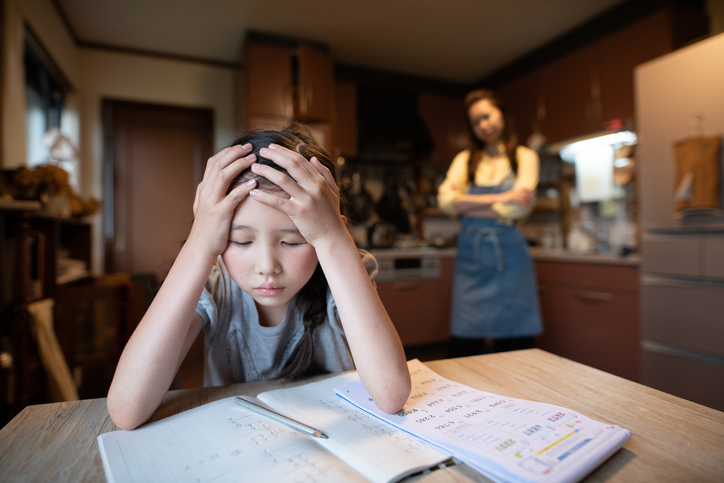
Being teased, even if it was meant as a joke, probably took a toll on your self-esteem without you fully realizing it. It can leave you feeling overly sensitive to any kind of criticism, even as an adult. Everyone deserves to be treated with respect, even while playing. It’s important for kids to learn that their words can hurt, even if their intentions are good.




